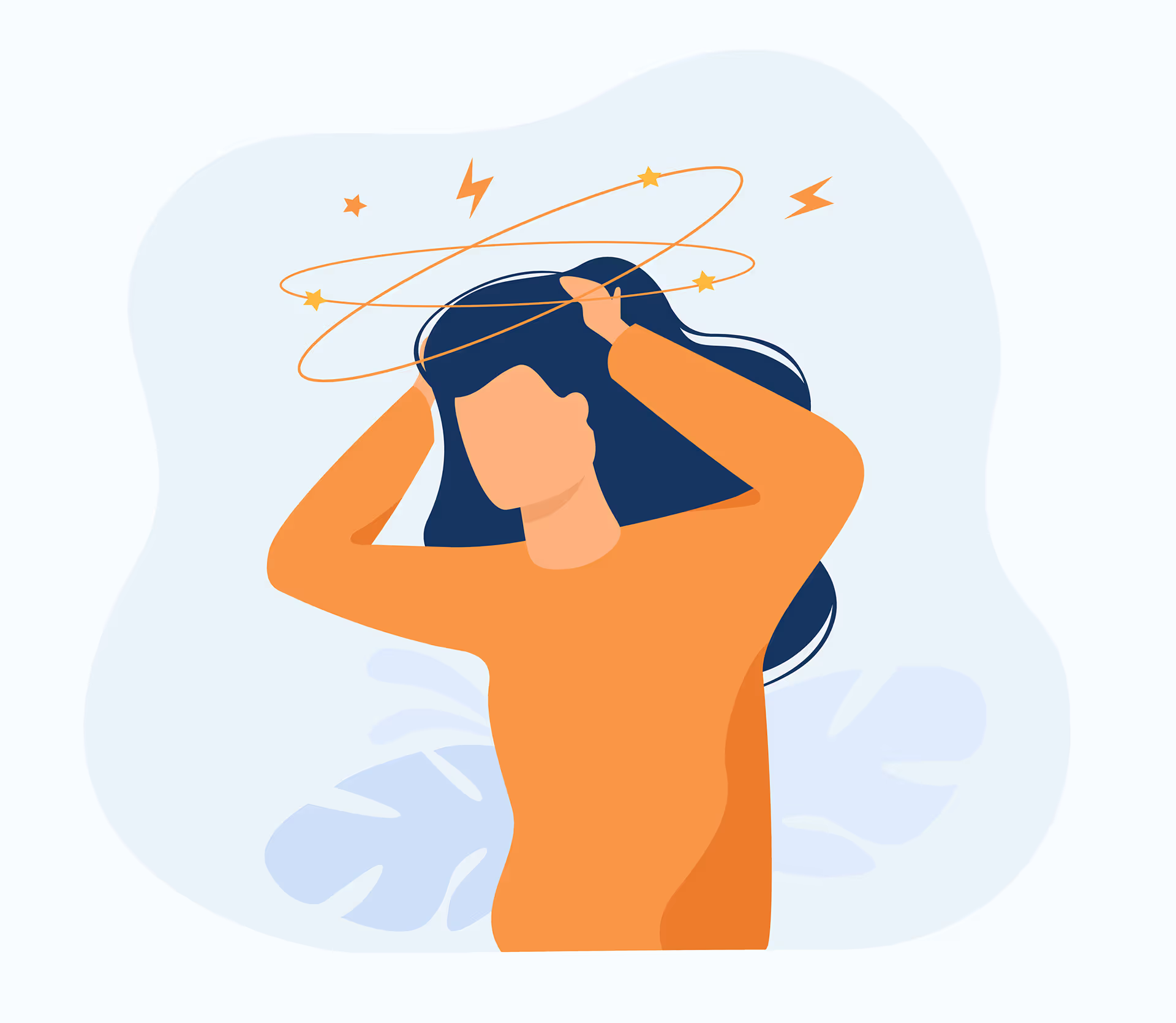Deep sleep, also called slow-wave sleep, supports memory consolidation, physical growth, and cellular repair. Insufficient amounts may play a role in several health problems, including heart disease and Alzheimer’s.
Deep sleep stage
Adults generally need 7 to 9 hours of sleep per night, but how restorative that sleep is matters just as much as the total hours.
Throughout the night your body cycles through different sleep stages. Deep sleep is the phase that helps you wake up feeling restored. Unlike rapid eye movement (REM) sleep, deep sleep is characterized by a marked slowing of both brain and body activity.
Waking from deep sleep is difficult, and if it happens you’ll often feel especially groggy.
Keep reading to find out more about this essential part of the sleep cycle.
What are the stages of sleep?
Sleep is categorized as REM and non-REM. You start the night in non-REM sleep, followed by a short REM period. This pattern repeats throughout the night in cycles.
Deep sleep takes place during the final phase of non-REM sleep.
Non-REM sleep
Stage 1 of non-REM sleep lasts briefly as you transition from wakefulness to sleep.
During stage 1:
- systems like heart rate, breathing, and eye movements begin to slow
- muscles relax and may twitch occasionally
- brain waves slow down from their waking pattern

Stage 2 makes up about a sizable portion of the sleep cycle. This is the stage you cycle into several times overnight.
During stage 2:
- your bodily systems continue to relax
- core body temperature drops
- eye movements stop
- brain activity is generally slow with brief spurts of faster waves
Stages 3 and 4 are where deep sleep occurs.
During these stages:
- heart rate and breathing reach their slowest, and muscles become very relaxed
- brain waves are the slowest seen during sleep
- it’s hard to be roused, even by loud sounds
Deep sleep is also known as “slow wave sleep” (SWS) or delta sleep.
The first deep sleep episode can last between 45 to 90 minutes. Deep sleep predominates in the earlier half of the night and shortens with each cycle.
REM sleep
Stage 5, the initial REM period, appears roughly after progressing through the non-REM stages.
During this stage:
- eyes move quickly side to side
- dreaming occurs as brain activity rises toward wake-like patterns
- heart rate increases toward daytime levels
- breathing becomes faster and can be irregular
- limb muscles may be temporarily paralyzed
What are the benefits of deep sleep?
During deep sleep, glucose metabolism in the brain rises, aiding both short- and long-term memory consolidation and learning.
This stage is also when the pituitary releases key hormones like human growth hormone, supporting bodily growth and repair.
Other advantages of deep sleep include:
- restoring energy reserves
- cellular renewal
- increasing blood flow to muscles
- supporting repair and growth of tissues and bones
- boosting immune function
What happens when you don’t get enough deep sleep?
Deep sleep helps process daily experiences into memory. Without enough of it, the brain struggles to store new information.
Poor sleep quality is linked to conditions such as:
- Alzheimer’s disease
- heart disease
- diabetes
- stroke
The deep sleep phase itself is connected with certain sleep disorders, including:
- sleepwalking
- night terrors
- bedwetting
- sleep-related eating
How much deep sleep do you need?
About half of the night is spent in non-REM sleep and the remainder in REM sleep. Within that, roughly a portion of total sleep consists of deep sleep.
Deep sleep declines with age. People under 30 may get up to two hours of deep sleep per night, while those over 65 might only get around 30 minutes, or possibly none.
There isn’t a strict required amount of deep sleep, but younger individuals often need more because it supports development. For older adults, reduced deep sleep isn’t always a sign of a disorder.
How do you know how much you’re getting?
Waking still tired may indicate you’re not obtaining enough deep sleep.
Consumer wearables estimate sleep by monitoring movement overnight. This tech is evolving; while it can highlight sleep patterns, it may not reliably measure true deep sleep.
Your doctor might suggest a polysomnography (PSG). In a sleep lab you’ll be monitored while you sleep to record:
- breathing rate
- oxygen saturation
- body movements
- heart rate
- brain wave activity
These data help determine whether you cycle into deep sleep and other stages during the night.
Tips for better sleep
Warmth may encourage more slow wave sleep. For instance, taking a hot bath or using a sauna before bed can sometimes improve sleep quality.
Following a low-carb diet or certain antidepressants may also enhance deep sleep, though additional research is needed.
Getting adequate total sleep generally increases the amount of deep sleep you achieve.
Practical suggestions:
- Keep a consistent sleep schedule by going to bed and waking at the same times daily.
- Engage in regular exercise. Around each day is a good goal; avoid intense workouts close to bedtime.
- Stick to water and other noncaffeinated beverages in the evening. Caffeine, alcohol, and nicotine can interfere with restorative sleep.
- Establish a calming pre-sleep routine, like reading or taking a bath.
- Eliminate bright lights and loud noises from the bedroom. Excessive TV or computer use can make it harder to wind down.
- If you can’t fall asleep, get out of bed and do a quiet activity, such as reading, until you feel sleepy again.
- Replace pillows older than a year if they leave you uncomfortable. Looking for options? Browse our market for editor-reviewed and expert-recommended pillows.
Browse our sleep shop and explore top products to help you reach deeper sleep.
If these strategies don’t improve your sleep, schedule an appointment with your doctor.

























Leave a Reply
You must be logged in to post a comment.